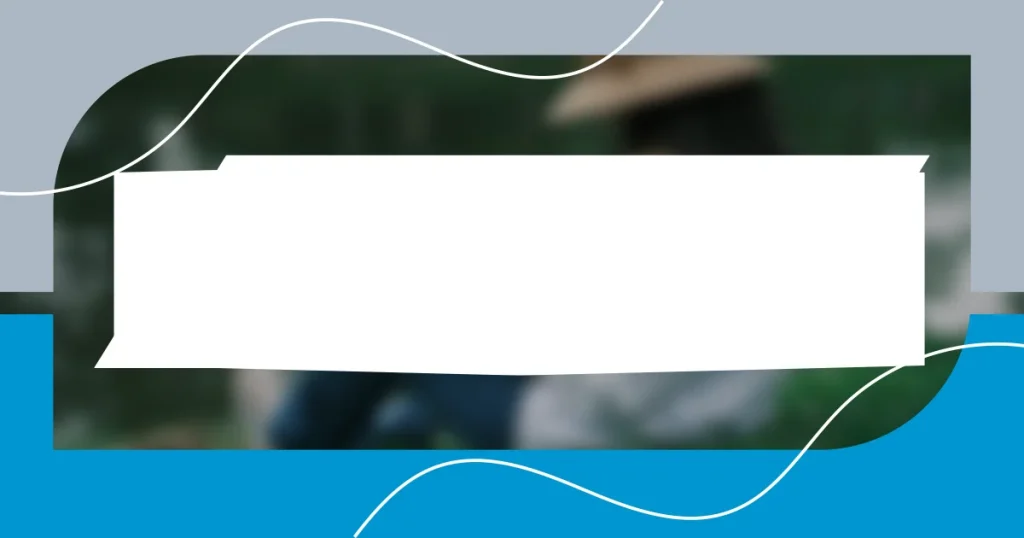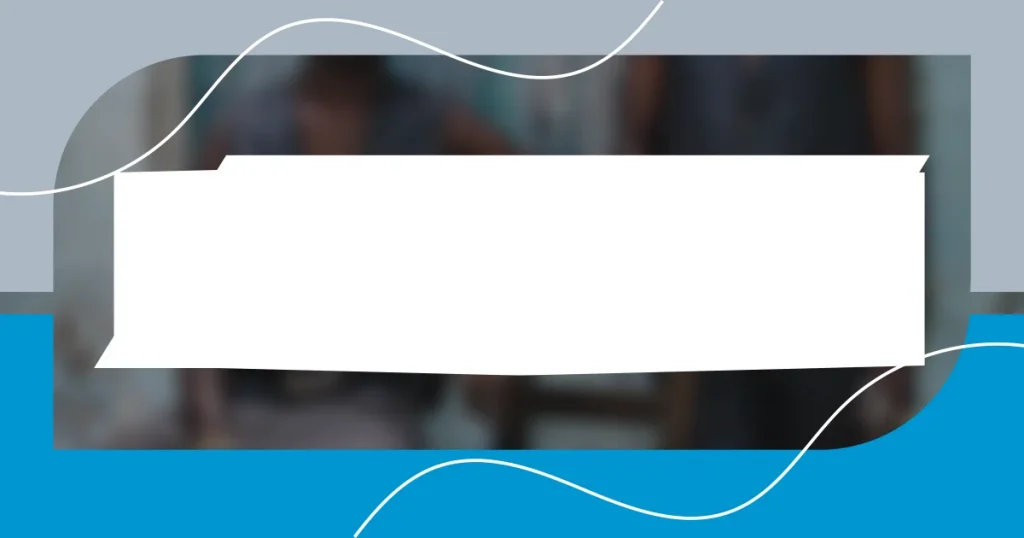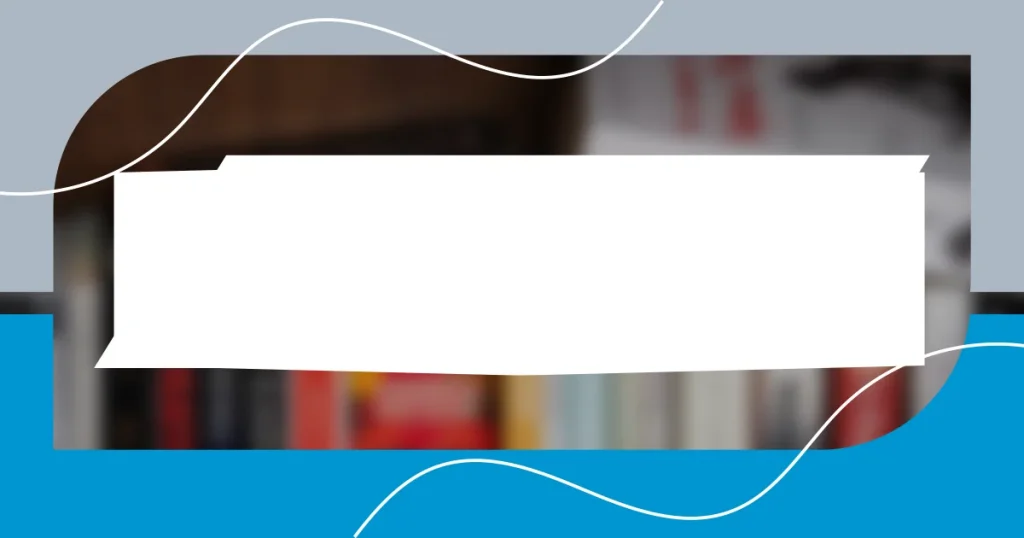Key takeaways:
- Engaging with philosophical concepts, like existentialism and Kant’s categorical imperative, fosters deep introspection and encourages a universal approach to morality and truth.
- Applying philosophical principles, such as Stoicism and utilitarianism, can transform responses to stress and enhance decision-making by evaluating the impact on others.
- Participating in philosophical discussions broadens perspectives, cultivates empathy, and challenges personal beliefs, leading to growth and a deeper understanding of societal issues.
Understanding philosophical concepts
When I first delved into philosophy, I was often struck by how concepts could reshape my understanding of daily life. Take, for instance, the idea of existentialism, which challenged me to consider my own existence and purpose in a much deeper way. I remember sitting in a café, pondering whether my choices were truly mine or simply shaped by external expectations. Have you ever felt that your decisions are influenced more by societal norms than your real desires? It’s a thought-provoking moment that can spark significant introspection.
Engaging with philosophical concepts can sometimes feel daunting, as they introduce layers of complexity that often seem abstract. However, I’ve found that breaking down these ideas into relatable terms helps bridge that gap. When I came across Kant’s categorical imperative, I realized how it pushed me to think about morality as universal principles rather than just personal opinions. It stirred a realization in me—what if everyone approached their decisions with the same mindful consideration of others’ well-being? What a different world we might create.
Studying philosophy has also provided me with a framework to grapple with the nuances of truth and reality. I recall grappling with Plato’s Allegory of the Cave and how it illustrated the difference between perception and reality. It resonated deeply when I questioned my beliefs and assumptions about the world around me. Have you ever felt trapped in your own cave, only to step outside and see a richer reality? That moment of clarity can be utterly transformative, reinforcing the importance of continuously examining our thoughts and beliefs.
Insights from key philosophers
Exploring the thoughts of key philosophers has been a revelation for me. For instance, when I encountered Søren Kierkegaard’s idea of the “leap of faith,” I found myself reflecting on moments in my life where I had to embrace uncertainty. I vividly remember a time when I took a risk by switching careers, feeling that leap echoing in my gut. It taught me that sometimes, embracing the unknown is essential for growth, reminding me that faith isn’t always about certainty but courage.
Here’s a snapshot of insights from various philosophers that have resonated with me:
- Friedrich Nietzsche: His concept of the “Übermensch” inspired me to strive for self-improvement and to challenge societal norms, pushing me to become the best version of myself.
- Simone de Beauvoir: Her writings on feminism opened my eyes to the importance of gender equality and encouraged me to engage in conversations about women’s rights.
- Aristotle: His emphasis on virtue ethics has made me reflect on the nature of my character, highlighting the importance of cultivating good habits to lead a fulfilling life.
- Jean-Paul Sartre: The notion of “existence precedes essence” challenged me to take responsibility for my choices, reinforcing the idea that I am the author of my own narrative.
- Confucius: His teachings on relationships and respect have deepened my appreciation for community and the importance of harmony in our connections with others.
Applying philosophy to daily life
Applying philosophy to daily life can feel both freeing and daunting. I remember a moment when I applied Stoic principles to a stressful work situation. Instead of spiraling into anxiety over deadlines, I focused on what I could control—my responses and actions. This practice of accepting what I can’t change, while diligently working on what I can, has transformed my approach to challenges. Have you ever taken a step back during a stressful moment to evaluate your reaction? It’s incredible how shifting my mindset can bring a sense of calm.
Another philosophical approach that has influenced me is utilitarianism, which evaluates actions based on their outcomes for the greatest number of people. A few months ago, I found myself in a moral dilemma regarding a group project. By considering the potential impact of my choices on my teammates, I was able to make a decision that fostered collaboration and trust. Reflecting on the well-being of others has enriched my relationships and created a more supportive environment. Don’t you think that when we make decisions with empathy, we contribute to a greater good?
Finally, I have found immense value in applying the Socratic method to my daily interactions. The practice of asking open-ended questions not only deepens understanding but also encourages meaningful dialogue. For instance, during a recent dinner conversation with friends, I posed the question, “What does success truly mean to you?” The answers were enlightening and led to a rich discussion that sparked new ideas for personal growth. Have you ever noticed how a simple question can open pathways to profound insights? I believe cultivating this inquisitive philosophy transforms mundane conversations into valuable exchanges.
| Philosophical Approach | Application in Daily Life |
|---|---|
| Stoicism | Focusing on what I can control during stressful situations. |
| Utilitarianism | Making decisions for the benefit of the group rather than personal gain. |
| Socratic Method | Encouraging deeper discussions through open-ended questions. |
Enhancing critical thinking skills
Critical thinking isn’t just an academic skill; it has become a vital part of my everyday decision-making. I recall a time when I faced an important personal choice about relocating for a job opportunity. By analyzing various angles—what I would gain versus what I would leave behind—I was able to approach the decision logically rather than emotionally. Have you experienced a moment where stepping back to think critically shifted your perspective?
Learning from philosophers has also taught me the importance of questioning assumptions. For example, while reading about René Descartes, I started to apply his method of radical doubt to my beliefs. One day, I began questioning my habitual routines—why I spent time on certain activities? This exploration led me to discover new interests and prioritize what truly matters to me. It’s fascinating how asking “Why?” can ignite profound changes in our lives, isn’t it?
Moreover, my encounters with the writings of Karl Popper transformed how I view knowledge. His focus on falsifiability challenged me to seek out diverse viewpoints and accept that I could be wrong. I remember a heated debate with friends about a controversial topic. Instead of insisting on my stance, I encouraged everyone to present counterarguments. This shift not only led to a more enriching conversation but also strengthened our relationships. How often do we miss the chance to grow simply because we cling too tightly to our opinions? Embracing critical thinking fosters a collaborative approach that can turn disagreements into learning experiences.
Developing a personal philosophy
Developing a personal philosophy is a journey that often starts subtly but becomes deeply impactful. I recall a time when I found myself grappling with the values I held dear. Sitting alone with a journal, I began to write down my core beliefs—things like integrity, openness, and growth. This simple act of reflection helped clarify what truly guided my decisions. Have you ever taken the time to articulate your values? It can be a transformative experience.
As my exploration continued, I found the significance of aligning my daily actions with my philosophical principles. For instance, I started volunteering regularly, embracing the idea of giving back as a reflection of my belief in community. I’ll never forget the joy I felt while helping a local shelter. Engaging with those in need didn’t only reinforce my values; it also cultivated a sense of connection and fulfillment in my life. Isn’t it incredible how living authentically can create a ripple effect of positivity?
The process of developing a personal philosophy is ongoing and can involve reevaluation. A few months back, I encountered a conflict between personal ambition and my commitment to collaboration. This challenge pushed me to question whether my career goals were overshadowing my relationships. By openly discussing my concerns with colleagues, I realized the strength found in a collective effort. This experience reminded me that my philosophy is not just about me; it’s also about how my choices impact those around me. How often do we take a step back to assess the balance between our ambitions and the well-being of our community? Finding that balance can lead to deeper fulfillment, both personally and professionally.
Benefits of philosophical discussions
Philosophical discussions have a remarkable way of broadening our horizons and enriching our perspectives. I remember a lively conversation I had with a friend about existentialism. As we tossed ideas around, I was struck by how different interpretations of existence can illuminate our own lives. This dialogue didn’t just deepen my understanding of philosophy; it also prompted me to reflect on my own purpose. Have you ever found clarity in unexpected places during a conversation?
These discussions also provide a unique platform for us to voice our beliefs and test them against others. I participated in a philosophy club where diverse worldviews collided, often leading to spirited debates. I vividly recall a session where a fellow member challenged my take on ethics by introducing a perspective I had never considered. Initially, I felt defensive, but as the conversation evolved, I realized my understanding of morality had expanded. Isn’t it incredible how such exchanges can be both uncomfortable and enlightening?
Moreover, engaging in philosophical discussions cultivates empathy and understanding. I was once in a group that tackled the question of justice. As we shared our interpretations and personal experiences, I began to see issues through the eyes of others. This not only made me more compassionate but also highlighted the complexities of societal structures. Have you ever encountered a viewpoint that shifted your understanding of a social issue? These discussions can serve as powerful reminders that our experiences shape our beliefs, urging us to embrace the diversity of thought.
Transforming perspectives through readings
Navigating through the world of philosophical readings has truly transformed the way I perceive reality. I remember diving into Nietzsche’s Thus Spoke Zarathustra and feeling a wave of self-reflection wash over me. His concept of “becoming who you are” pushed me to reconsider not only my own aspirations but the very essence of my identity. Have you ever stumbled upon a thought that made you question everything?
There was a moment after reading Camus’ The Myth of Sisyphus when I paused to contemplate my definition of absurdity. The way he articulated the struggle inherent in human existence resonated deeply with me. I started to see my daily challenges not as burdens but as opportunities to find meaning. Every time I faced a setback, I would ask myself—what can I learn from this? This shift in perspective has sparked a newfound resilience in me, allowing me to tackle obstacles with renewed vigor.
I’ve found that philosophical literature acts like a mirror—reflecting my thoughts and feelings in unexpected ways. For example, after exploring Hannah Arendt’s ideas on the nature of evil, I was taken aback by how societal norms shape our actions. It made me consider my own responses in morally ambiguous situations. Have you ever felt a pull to align your actions with your values more closely after reflecting on philosophical ideas? These readings have not just educated me; they have shaped my understanding of my responsibilities toward others and the world.












